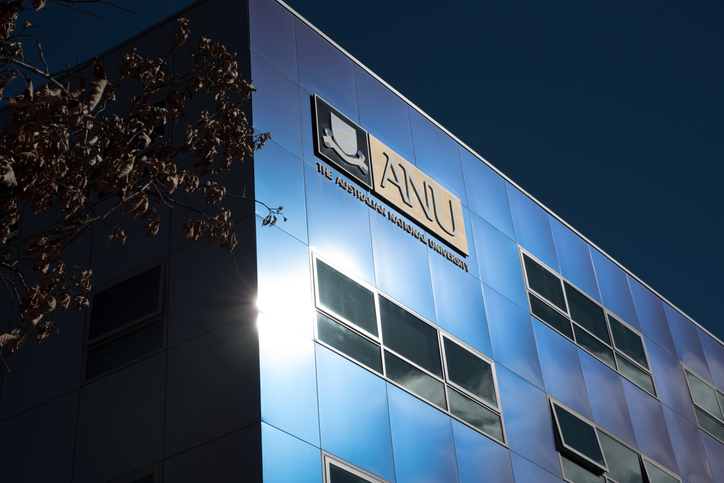Evans gobsmacked by ANU change plan
July 24, 2025
Former ANU Chancellor and Federal Minister Gareth Evans has expressed ‘acute concern’ at proposed changes in humanities and social sciences at ANU. In a letter delivered to the Vice-Chancellor and Chancellor this week, he says the university’s distinctive national mission is being ‘ignored or gravely under-valued’.
20 July, 2025
Julie, Genevieve and Colleagues
I write to express my acute concern at the way in which aspects of the recently released CASS Organisational Change Proposal appear to have ignored or gravely under-valued the significance of ANU’s very distinctive national mission, which has been crucial to our founding raison d’etre, our national and international reputation, and above all to the maintenance of the National Institutes Grant which the ANU receives from the Commonwealth Government for research ‘supporting the development of Australia’s national unity and identity, including by improving Australia’s understanding of itself and the history and culture of its Indigenous peoples, its Asia-Pacific neighbours, and its place in the international community’.
As Chancellor for ten years, chairing Council from 2010 to 2019, working with three successive Vice-Chancellor, and successive Commonwealth Governments of different political persuasions, I could not be more conscious of just how crucial that national mission is, and how important to ANU’s viability it has been to visibly sustain it, whatever the other budgetary issues with which we have had to wrestle.
In that context I have had a number of concerns about the decisions the University has been recently taking, or proposing, including (but not confined to) the move of the iconic Crawford School away from its longstanding traditional home in CAP (and the apparent abandonment of the ANU Crawford Leadership Forum, which in its short history was acquiring the status of ‘Australia’s Davos’); and, in the present CASS Change proposal, the abolition as freestanding centres, with all the standing that status implies, of the Humanities Research Centre (HRC), hugely respected both nationally and internationally for the last 50 years, and the Centre for European Studies (ANUCES), currently making a significant contribution to the Government’s trade and security policymaking with the EU quite apart from its other research roles.
But what I find most gobsmacking of all are the proposals now to abolish the National Dictionary Centre (ANDC) and to dramatically downsize the National Centre for Biography (NCB), which maintains the Australian Dictionary of Biography (ADB). These are both quintessentially national projects of exactly the kind that the ANU, with its national mission, should be maintaining and nurturing. The Australian National Dictionary is the repository of national learning on the continuing evolution of our distinctively Australian English, and the ANDC has a long history of public engagement and impact rarely matched elsewhere in the University.
And as to the NCB and its Australian Dictionary of Biography, this has been celebrated by previous Vice-Chancellors as ‘the jewel in the crown of the ANU,’ and I am on record myself as Chancellor in saying that there is probably no finer or more enduring expression of the nation-building charter of the ANU. The NCB/ADB coordinates volunteer working parties in every state and territory of the Commonwealth, and from almost every university, and thus enacts a very unusual federal scholarly collaboration that only a national university can maintain. With its relatively small budget, the ADB mobilises a national army of scholarly goodwill for the public good. This is exactly what the ANU was founded to do in the post-war period. Professor Sir Keith Hancock recognised that opportunity in establishing in 1957 what has now become the largest collaborative research enterprise in the humanities and social sciences in Australia. To drastically diminish its capability to go on playing that role makes no sense at all.
I hope the leadership of the ANU will recognise the gravity of my concerns, which I know are shared by many others in the University community and am equally sure will be by the Minister for Education – and that you will act accordingly.
Gareth
The views expressed in this article may or may not reflect those of Pearls and Irritations.


